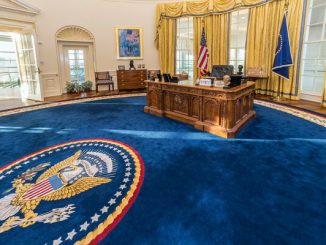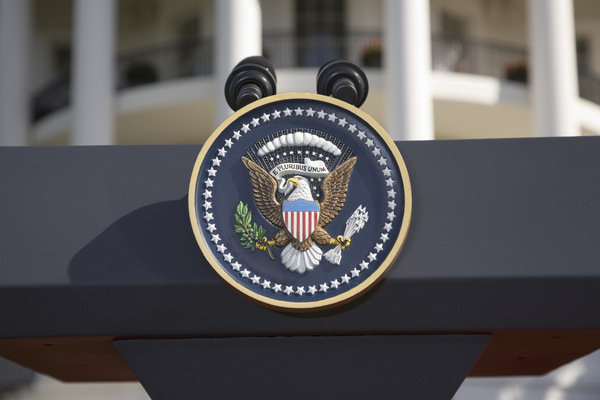
With Donald Trump as current head of state, the USA already have a History of 45 Presidents. But who was the youngest US-President at the start of his presidency?
Find out with our Top 20 list of the youngest Presidents of the United States.
20. Rutherford B. Hayes – 54 years, 151 days at Start of presidency
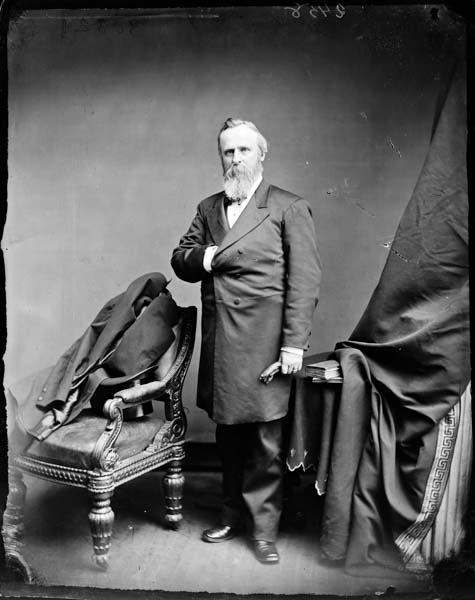
Rutherford B. Hayes (October 4, 1822 – January 17, 1893) was the 19th president of the USA from 1877 to 1881, having served also as an American representative and governor of Ohio. Hayes was a lawyer and staunch abolitionist who defended refugee slaves in court proceedings in the antebellum years. During the American Civil War, he was seriously wounded while fighting in the Union Army.
19. Martin Van Buren – 54 years, 89 days at Start of presidency
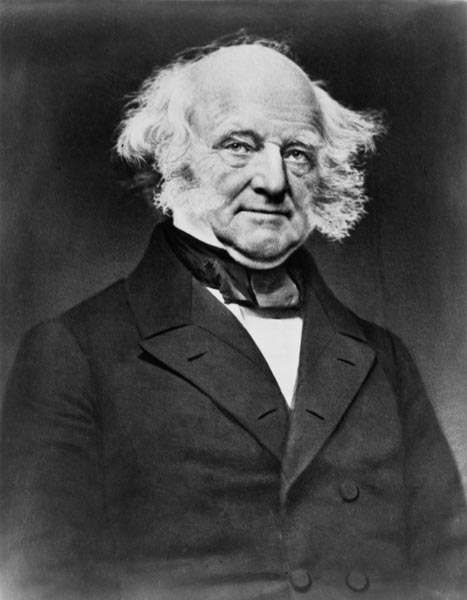
Martin Van Buren (December 5, 1782 – July 24, 1862) was an American statesman who served as the eighth president of the United States from 1837 to 1841. He was the first president born after the independence of the United States from the British Empire. A founder of the Democratic Party, he previously served as the ninth governor of New York, the tenth United States secretary of state, and the eighth vice president of the United States. He won the 1836 presidential election with the endorsement of popular outgoing President Andrew Jackson and the organizational strength of the Democratic Party. Later in his life, Van Buren emerged as an elder statesman and important anti-slavery leader, who led the Free Soil Party ticket in the 1848 presidential election.
18. William McKinley – 54 years, 34 days at Start of presidency
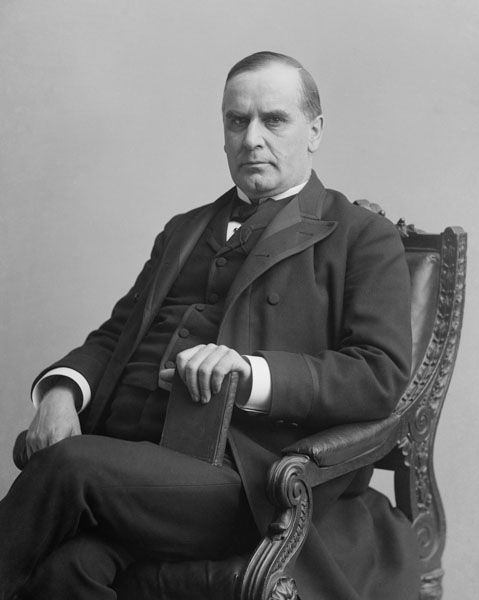
William McKinley (January 29, 1843 – September 14, 1901) was the 25th president of the United States, serving from March 4, 1897, until his assassination six months into his second term. During his presidency, McKinley led the nation to victory in the Spanish–American War. McKinley was the last president to have served in the American Civil War and the only one to have started the war as an enlisted soldier, beginning as a private in the Union Army and ending as a brevet major.
17. Jimmy Carter – 52 years, 111 days at Start of presidency
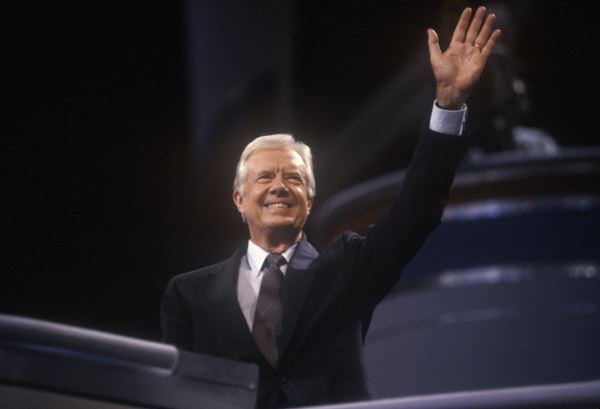
James Carter (born October 1, 1924) is an American politician and philanthropist who served as the 39th president of the USA from 1977 to 1981. A Democrat, he previously served as a Georgia State senator from 1963 to 1967 and as the 76th governor of Georgia from 1971 to 1975. Carter has remained active in public life during his post-presidency, and in 2002 he was awarded the Nobel Peace Prize for his work in co-founding the Carter Center.
16. Abraham Lincoln – 52 years, 20 days at Start of presidency
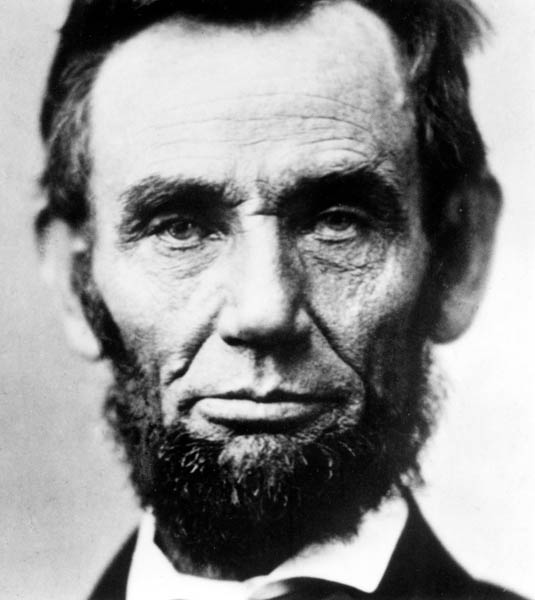
Abraham Lincoln (February 12, 1809 – April 15, 1865) was an American statesman, politician, and lawyer who served as the 16th president of the USA from 1861 until his assassination in April 1865. Lincoln led the nation through the American Civil War, its bloodiest war and its greatest moral, constitutional, and political crisis. He preserved the Union, abolished slavery, strengthened the federal government, and modernized the U.S. economy. He is consistently ranked both by scholars and the public as among the greatest US presidents.
15. Chester A. Arthur – 51 years, 349 days at Start of presidency
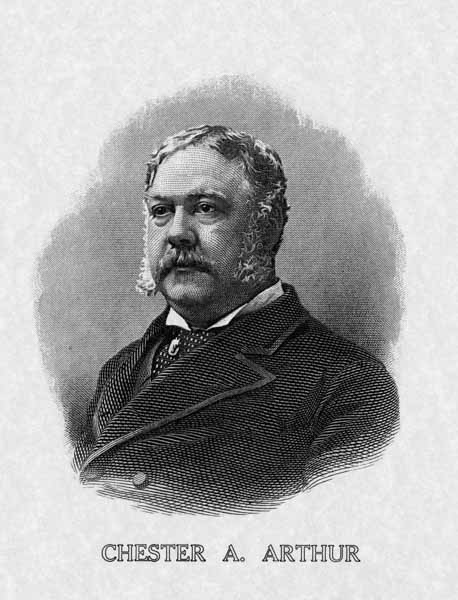
Chester Alan Arthur (October 5, 1829 – November 18, 1886) was an American attorney and politician who served as the 21st president of the United States from 1881 to 1885; he was the 20th vice president of the United States and became president upon the death of President James Garfield in September 1881. Suffering from poor health, Arthur made only a limited effort to secure the Republican Party’s nomination in 1884 and retired at the close of his term.
14. William H. Taft – 51 years, 170 days at Start of presidency
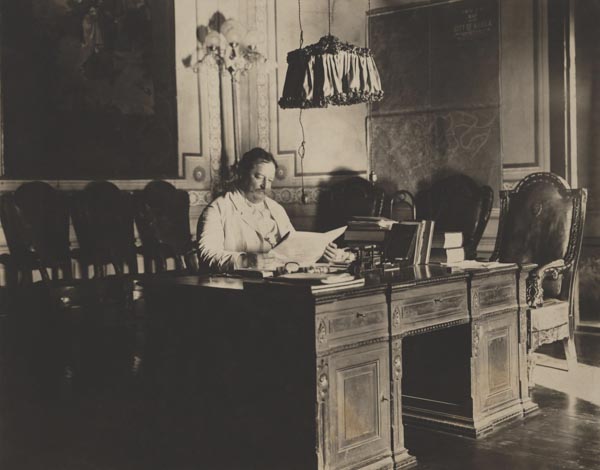
William H. Taft (September 15, 1857 – March 8, 1930) was the 27th president of the USA(1909–1913) and the tenth chief justice of the USA (1921–1930), the only person to have held both offices. Taft was elected president in 1908, the chosen successor of Theodore Roosevelt, but was defeated for re-election by Woodrow Wilson in 1912 after Roosevelt split the Republican vote by running as a third-party candidate. In 1921, President Warren G. Harding appointed Taft to be chief justice, a position in which he served until a month before his death.
13. Franklin D. Roosevelt – 51 years, 33 days at Start of presidency
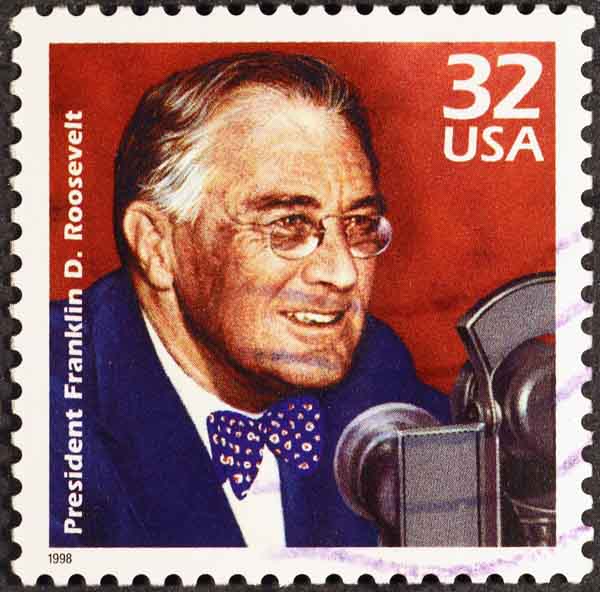
Franklin D. Roosevelt (January 30, 1882 – April 12, 1945), was an American statesman and political leader who served as the 32nd president of the United States from 1933 until his death in 1945. He won a record four presidential elections and became a central figure in world events during the first half of the 20th century. His third and fourth terms were dominated by World War II. Roosevelt is widely considered to be one of the most important figures in American history, as well as among the most influential figures of the 20th century.
12. Calvin Coolidge – 51 years, 29 days at Start of presidency
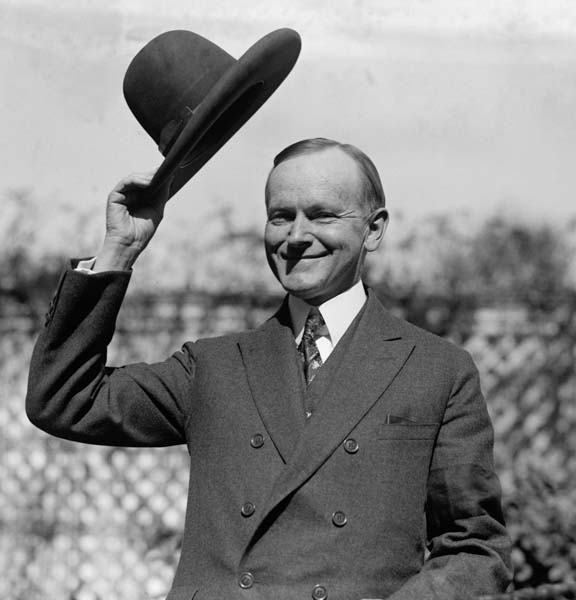
J. Calvin Coolidge (July 4, 1872 – January 5, 1933) was an American politician and lawyer who served as the 30th president of the United States from 1923 to 1929. A Republican lawyer from New England, born in Vermont, Coolidge worked his way up the ladder of Massachusetts state politics, eventually becoming governor. His response to the Boston Police Strike of 1919 thrust him into the national spotlight and gave him a reputation as a man of decisive action. The next year, he was elected vice president of the United States, and he succeeded to the presidency upon the sudden death of Warren G. Harding in 1923.
11. John Tyler – 51 years, 6 days at Start of presidency
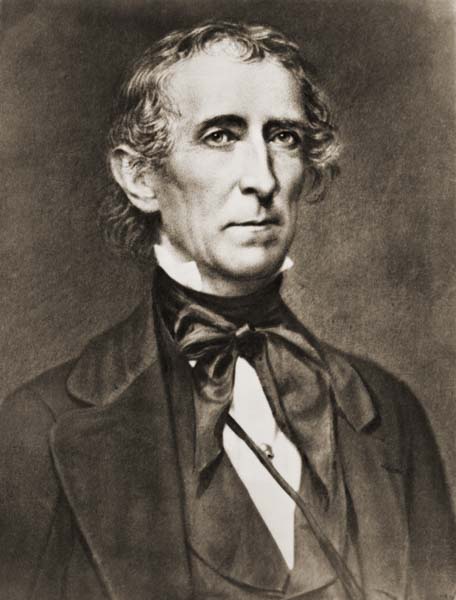
John Tyler (March 29, 1790 – January 18, 1862) was the tenth president of the USA from 1841 to 1845 after briefly serving as the tenth vice president (1841); he was elected to the latter office on the 1840 Whig ticket with President William Henry Harrison. Tyler ascended to the presidency after Harrison’s death in April 1841, only a month after the start of the new administration. He was a stalwart supporter of states’ rights, and as president he adopted nationalist policies only when they did not infringe on the powers of the states. His unexpected rise to the presidency, with the resulting threat to the presidential ambitions of Henry Clay and other politicians, left him estranged from both major political parties.












